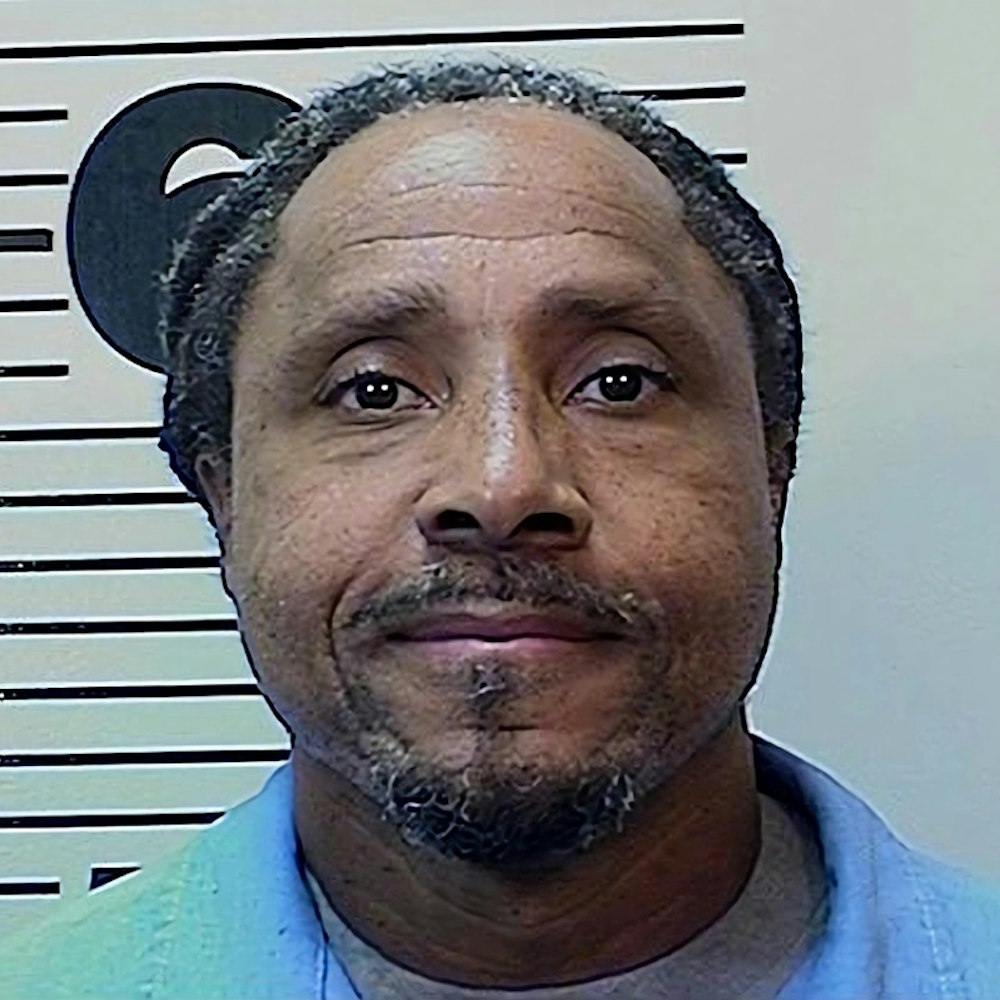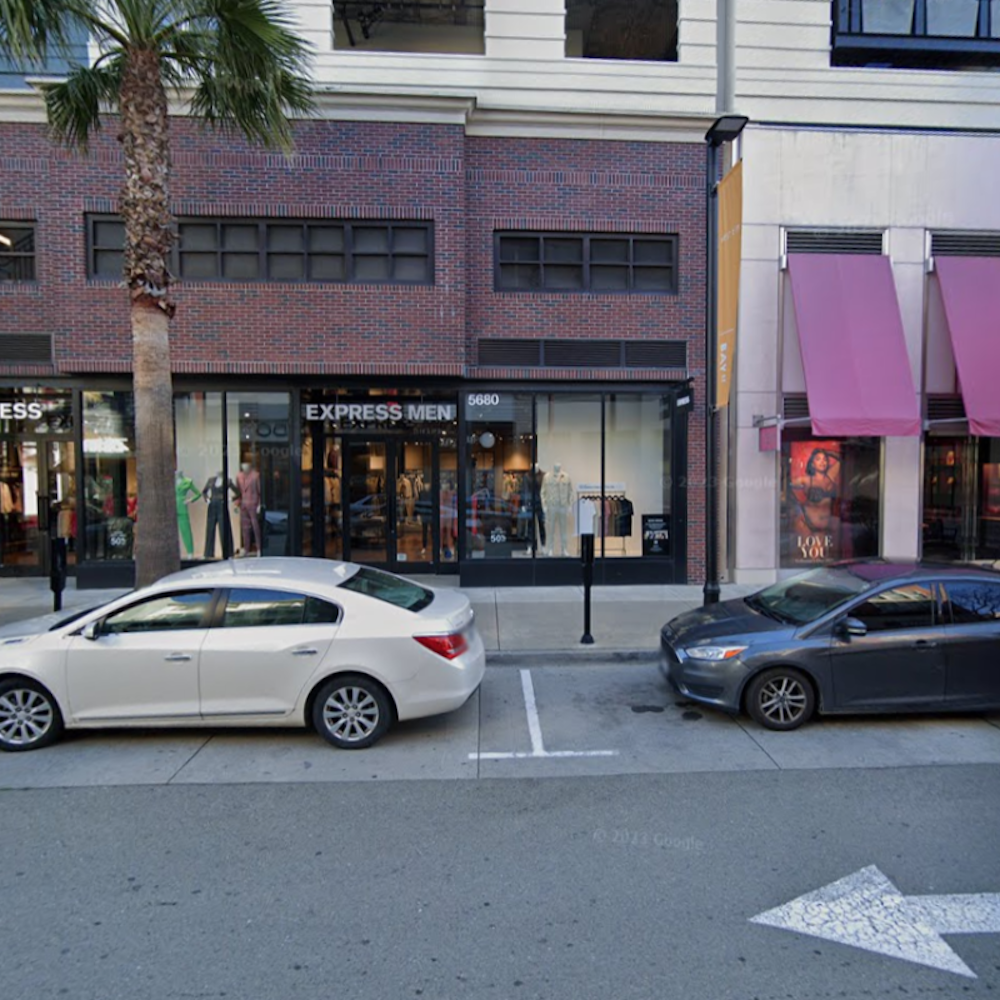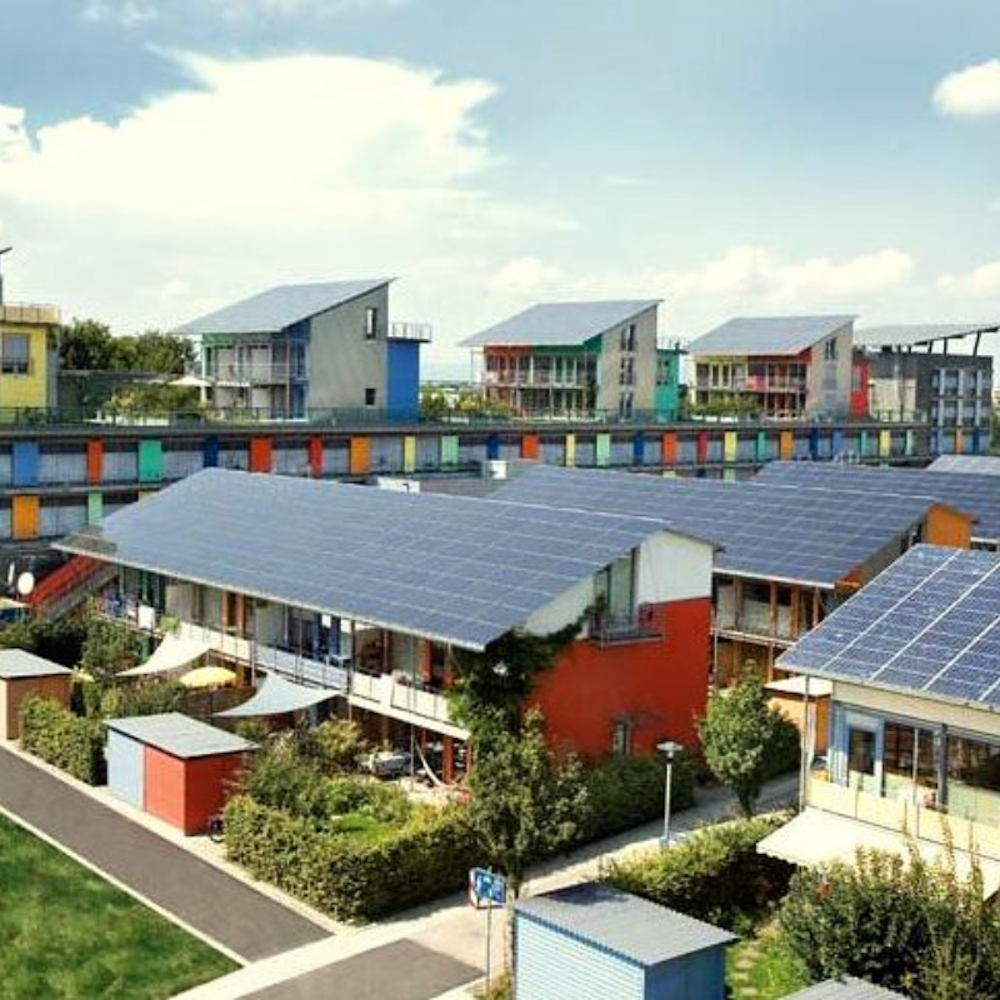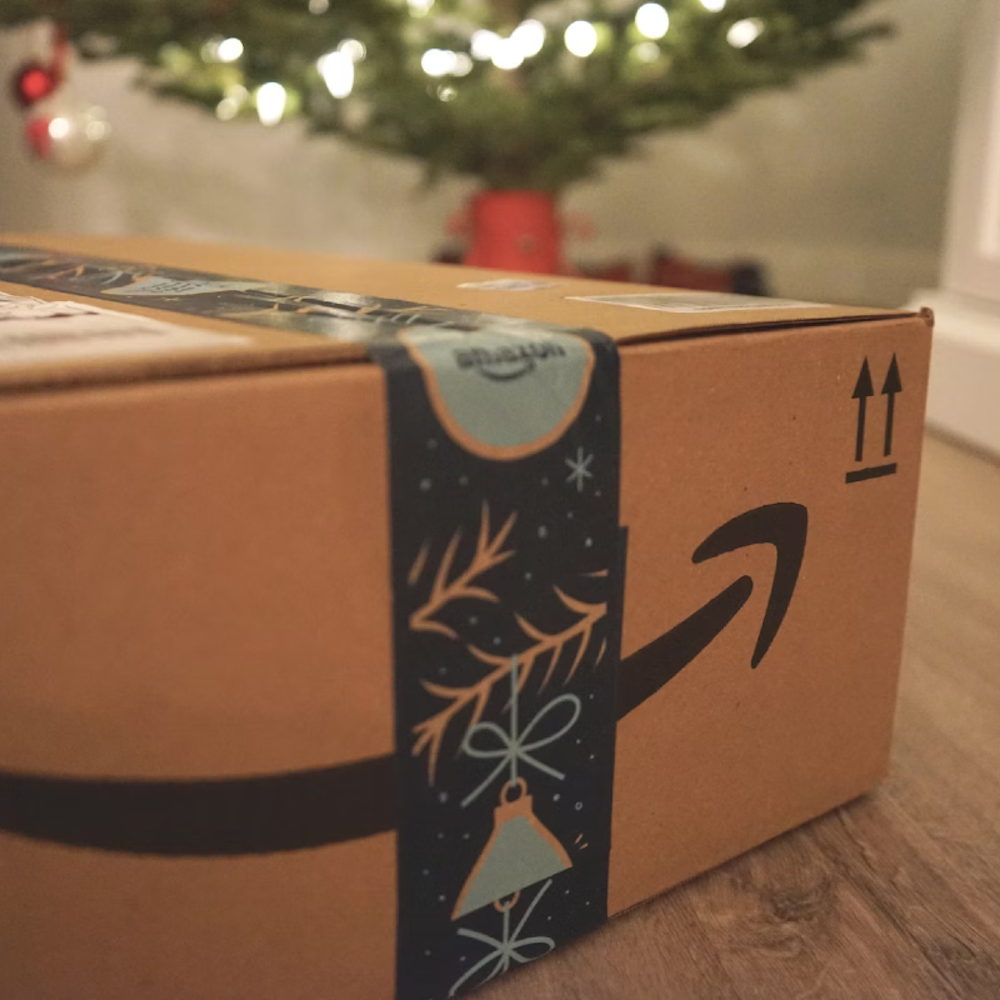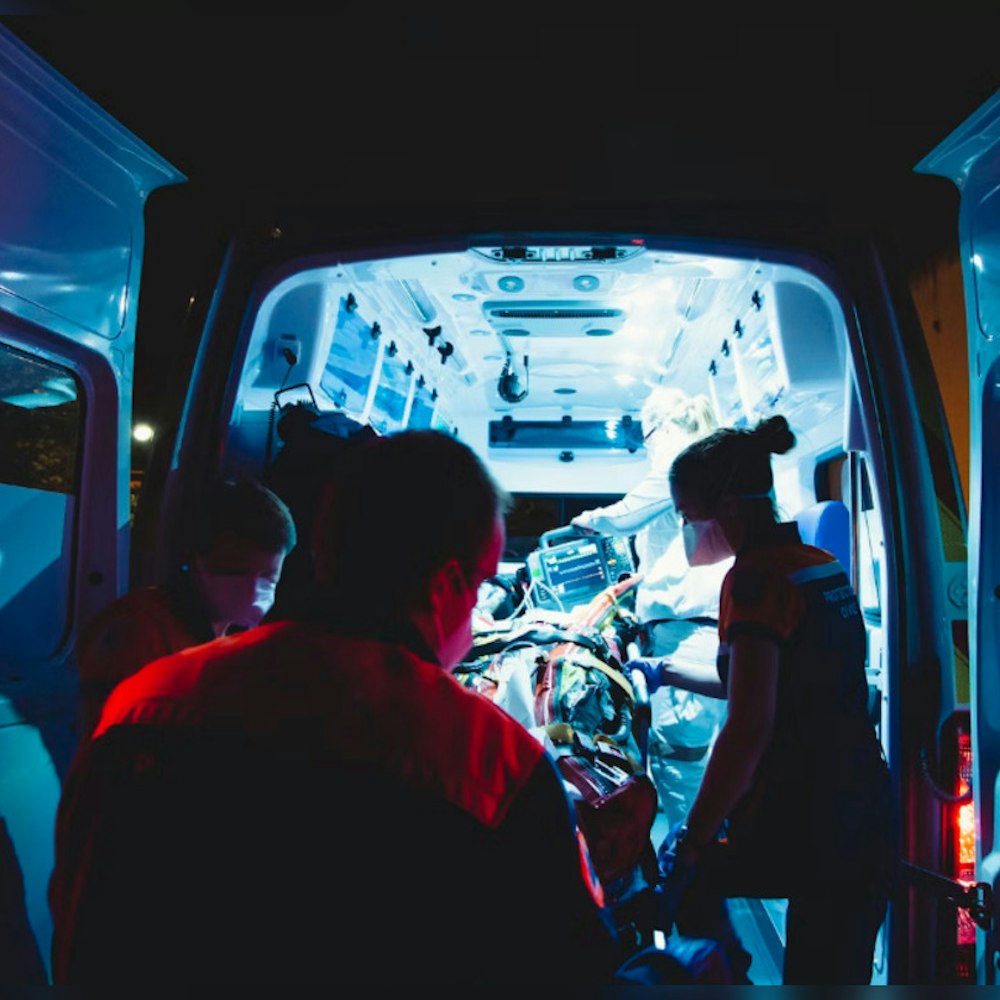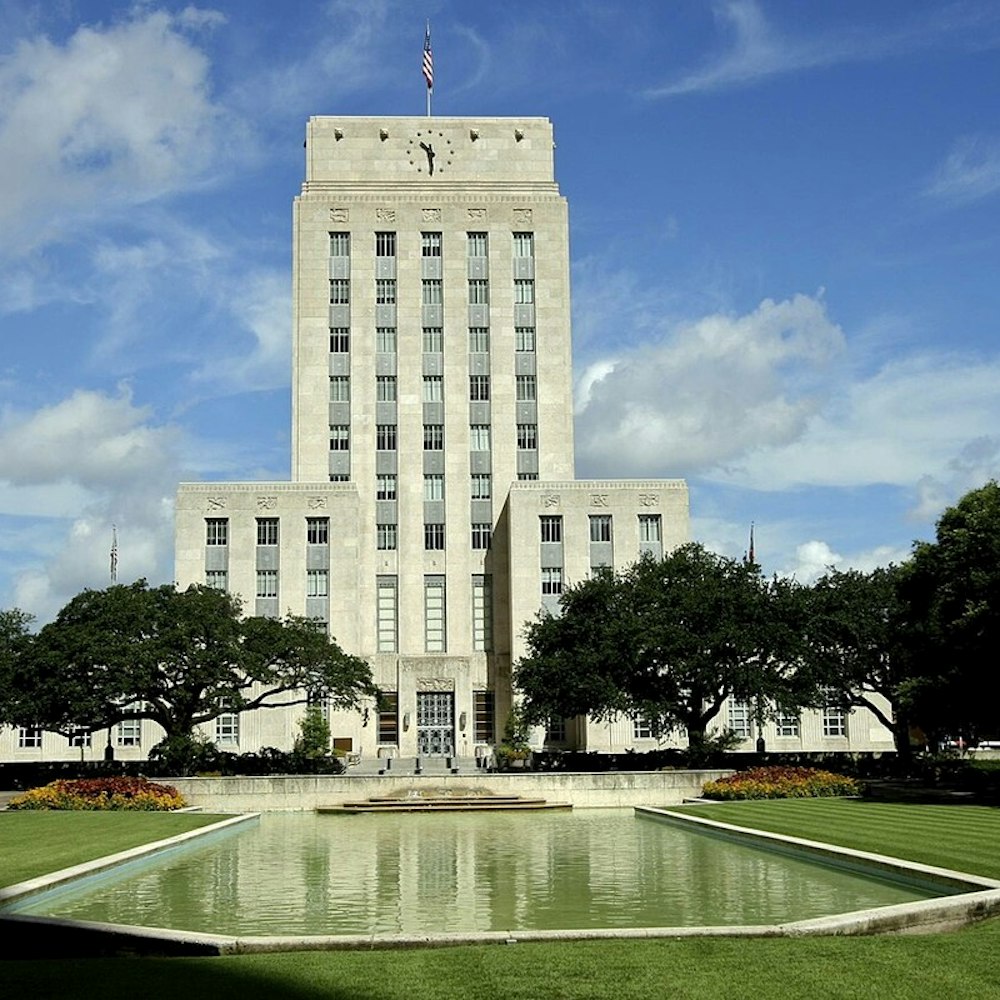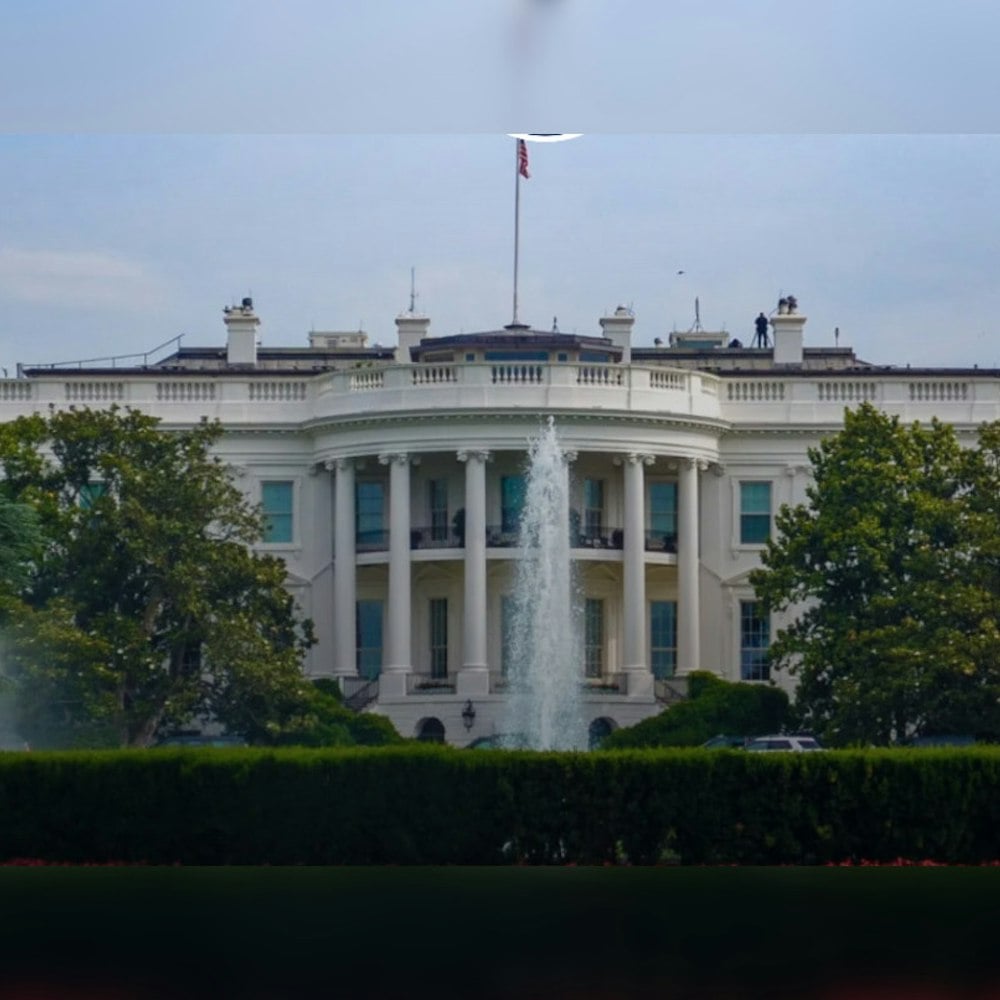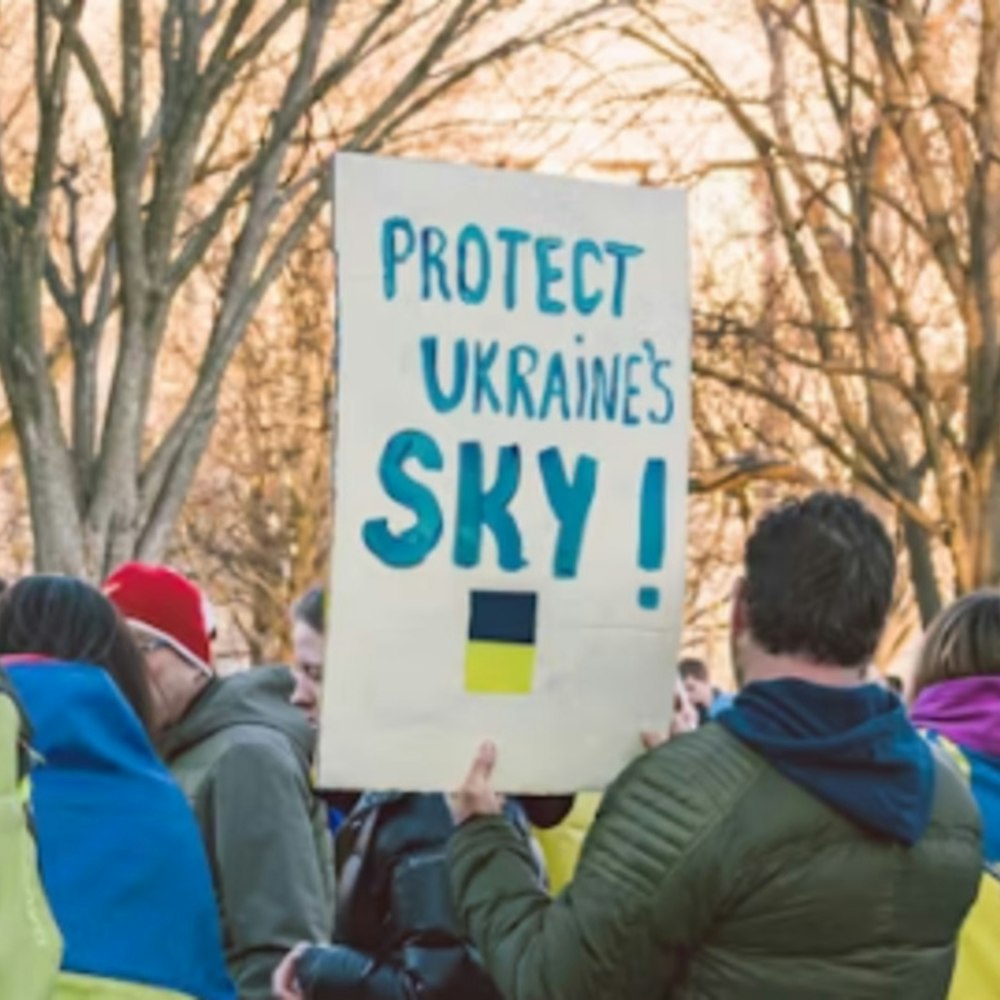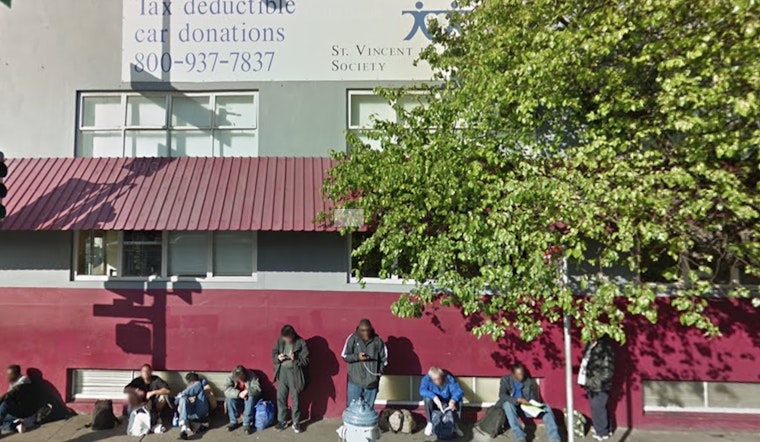
San Francisco will provide temporary housing to quarantine homeless individuals and those who live in single room occupancy (SRO) hotels or permanent supportive housing who test positive for COVID-19, according to a statement from Mayor London Breed on Tuesday.
The city has leased 30 recreational vehicles until June, located in the Presidio for now. The city is also looking into other options for temporary housing, including utilizing vacant hotel rooms and unoccupied residential facilities.
“Not everyone in our city has access to housing where they can go if they are infected or are exposed to the virus, and it’s important that we take measures like this to care for our most vulnerable residents, including people who are homeless,” Mayor London Breed said in the statement.
SRO hotels and permanent supportive housing are typically built with congregate kitchen and bathroom spaces, making self-quarantine nearly impossible. Many residents are also formerly homeless, elderly, or have disabilities.
San Francisco will also spend $5 million in emergency funding to reduce the risk of COVID-19 among homeless people, SRO hotel residents, and permanent supportive housing residents. Measures include increased cleaning in city-owned shelters, resource centers, and SROs, expanded meal delivery programs for those living in SROs, and funding cleaning in privately owned SROs.
The city will require privately owned SROs to adhere to minimum cleaning standards, along with protections for those who are cleaning SROs, as mandated by the Department of Public Health via an emergency public health order.
Handwashing stations popped up around the City to further reduce the spread of the virus, located primarily in the Civic Center and Tenderloin area.
As of the afternoon of Thursday, March 10, San Francisco has 18 known cases of COVID-19.
“Our chief concern is for vulnerable populations who are most at risk of getting very sick, or dying, if they get COVID-19,” said Dr. Grant Colfax, Director of Health. “For vulnerable people in SROs or shelters, this investment will help them limit their outings, by assuring that food and shelter is available, and that congregate settings are clean environments.”
According to a 2019 City report, there are over 8000 homeless families, youth, and adults living on San Francisco’s streets, and 64 percent of that population is unsheltered. Shelters, too, put homeless people at risk: Many are large, congregate settings, like MSC South, which has a capacity of 340 beds, that the Center for Disease Control has warned against.
Advocates for homeless people say the plan still isn’t adequate to address the crisis at hand. “We would also like to see a ban on homeless sweeps and a ban on towing vehicles that people live in,” said Jennifer Friedenbach, Executive Director of the Coalition on Homelessness.
Friedenbach said a ban on sweeps would allow homeless people to stay in contact with health workers and provide stability to those most at risk of the virus.
San Jose Mayor Sam Liccardo announced Tuesday that the city would halt homeless sweeps during the COVID-19 outbreak. District 6 Supervisor Matt Haney, whose district is home to more than 45 percent of the city's homeless population, said the same policy should be adopted in San Francisco.
"The crisis on our streets puts people in a much more vulnerable situation and at graver risk," Haney said. "This should be a reminder of how urgent it is for us to end this human rights catastrophe if tens of thousands of people living on our streets without housing."
Haney said he wants the city's measures to go even further. "For people on the street who may believe they had been exposed to the virus, there must be a streamlined way for them to access information, care and ultimately safe housing."
